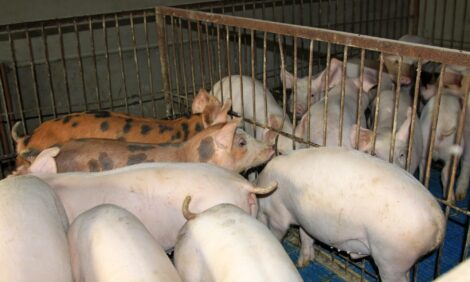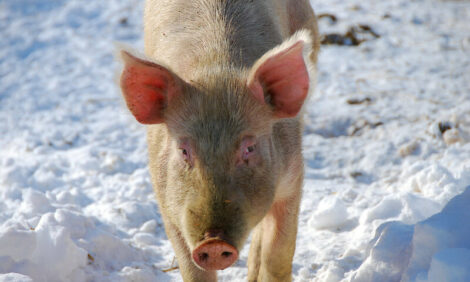



China's Food Safety Suffers 'Feeble Foundation'
CHINA - A senior Chinese official admitted Tuesday that the nation's food safety still suffered from a "feeble foundation."Despite achievements made in 2011, the nation will continue to have a hard time ensuring food safety for a quite long time, said Zhang Yong, director of the executive office of the food safety commission under the State Council, the Cabinet.
He said problems remained at deep administrative levels, as a large number of food producers and catering operators are running small-scale businesses and some consumers lack knowledge and safety awareness.
New risks emerged with the use of new technology and materials in food production, and environmental pollution in producing areas also posed new challenges to traditional safety standards and tests, he said.
The director said remarkable progress had been made in improving the nation's food safety supervision network but the current system still does not fit in with actual demand, noting that supervision at grassroots levels is extremely weak and that more efforts are needed to improve supervision and emergency handling capabilities.
Food safety scandals erupted in great number in 2011. Authorities busted farmers for adding clenbuterol, a known carcinogen, to pig feed in order to grow leaner pigs, for example.
In late December, milk products made by the nation's leading dairy company, Mengniu, were found to contain high levels of aflation, a cancer-causing toxin.
To make the nation's food supplies safer in 2012, the authorities will carry out campaigns targeting six sectors: the rural food market, dairy products, edible oil, liquor, seasonal and festive food as well as food additive management, according to a statement released after Tuesday's national work conference on food safety supervision.
By latest official count, a total of 62,000 cases concerning substandard food were spotted in the first 11 months of 2011, underscoring the severity of China's food safety problem.
The authorities ordered 43,000 businesses found illegally operating without licenses to cease production, while revoking the business licenses of 576 operators during the period, according to the State Administration for Industry and Commerce.
A total of 251 cases were handed over to judicial organs during the period.






